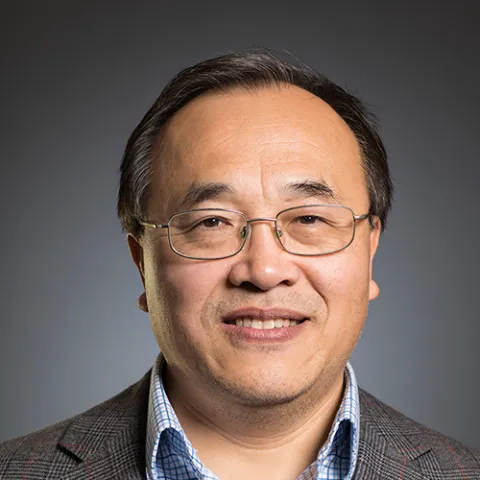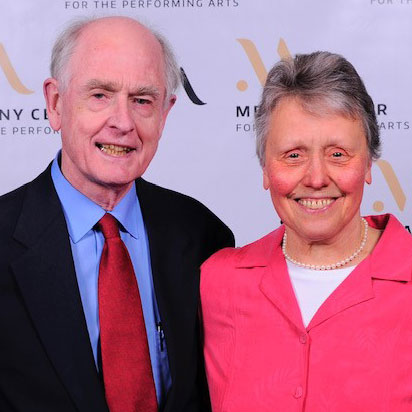This lectureship was founded in 2013 by Steve and Sylvia Burges. The purpose of the endowment is to support an annual public lecture by distinguished practitioners in the field of Civil and Environmental Engineering to broaden the horizons of engineering students and professionals beyond the purely technical challenges of our times.
Speakers include faculty members in the department as well as experts identified by faculty as possessing perspectives, expertise and/or experience of particular importance and interest to the field of civil and environmental engineering.
2026 lecture
Thursday, March 12 | 3:30 p.m. | Alder Hall Auditorium
Reception with light food and drinks to follow in Alder Hall Commons.
The lecture will be in-person, and a recording will be available online following the event.
This lecture is open to the public. Prior registration is encouraged but not required.

Featuring Dr. Yinhai Wang
Thomas and Marilyn Nielsen Endowed Professor in Engineering in the Department of Civil and Environmental Engineering, University of Washington
Abstract
Across the United States, roads, bridges and other infrastructure are aging — while extreme weather and cybersecurity risks are rising. To respond, engineers are exploring “smart infrastructure”: systems that use sensors and AI to spot problems early and support faster, safer decisions.
This talk highlights an approach that processes sensor data directly in the field — on low-cost “edge” devices — instead of sending everything to the cloud or a server. Using examples from the UW’s Smart Transportation Applications and Research (STAR) Lab, Wang will share real deployments in transportation and discuss what it will take to scale them.
About the speaker
Yinhai Wang is the Thomas and Marilyn Nielsen Endowed Professor in Engineering in UW’s Department of Civil & Environmental Engineering. He founded UW’s STAR Lab and directs PacTrans, the U.S. Department of Transportation University Transportation Center for Federal Region 10. His research focuses on transportation data science, sensing, edge computing and AI applications for safer, more efficient mobility. He is a distinguished member of the American Society of Civil Engineers (ASCE) and a fellow of the Institute of Electrical and Electronics Engineers (IEEE), and received the 2023 Francis C. Turner Award from ASCE and the 2025 Intelligent Transportation Systems Outstanding Research Award from IEEE.
About the donors

Sylvia and Steve Burges have been associated with the University of Washington since September 1970, when Steve joined the faculty as an Assistant Professor of Civil Engineering. Shortly thereafter, Sylvia earned two University of Washington master’s degrees: a Master of Education (Educational Psychology Counseling) in 1973 and a Master of Science (Civil Engineering Department) in 1976. During her career, Sylvia conducted water quality and environmental studies for consulting engineering firms. She joined Region 10 of the U.S. Environmental Protection Agency in 1988, where she spent the rest of her professional career as a Resource Conservation and Recovery Act enforcement officer. Steve spent his career as a University of Washington faculty member attaining the rank of Professor in 1979. He became a registered Professional Engineer in 1980, a Professional hydrologist in 1990 and a Diplomat Water Resources Engineer in 2005. Steve retired from the university in 2010 with the title of Professor Emeritus.
View past lectures